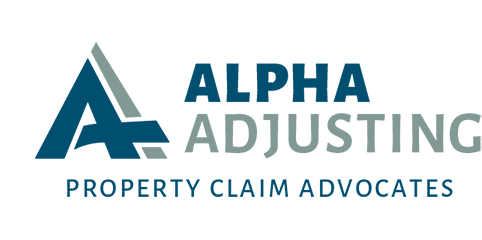Talking To The Boss
Protecting Your Property
"Fire" is a word that inspires fear in business owners. It can threaten everything an owner has worked for. Most business owners have insurance, but they may not have enough. Owners also must evaluate if they purchased the right coverage and whether they will receive a fair settlement if a disaster occurs.
Business owners often delay re-evaluating their insurance policies. Perhaps they purchased only minimal coverage during the business' infancy and neglect to increase the insurance package as the business grows. Then when a loss occurs, it is too late for them to change those policies to match their current needs.
Here are some basics to consider when evaluating your coverage:
- Building coverage - If you own the building, don't equate its purchase price with the correct value of insurance. You should base coverage on the actual cost of reconstruction in today's market. Also, try to stay away from policies with co-insurance.
- Business personal property - Building owners should make sure that coverage is included for fixtures, such as stoves, refrigerators, tools and other equipment used at the property. If you rent, everything you own would be under this coverage, including raw materials and inventory, products in various stages of completion, completed products, furniture, fixtures and equipment, and improvements.
- Extra expense - What if you had to relocate due to a loss? Maybe you need to install a three-phase electrical service at your temporary location. Coverage for this kind of expense is very important if you want to keep your business running following a disaster. Bear in mind that the insurance companies are usually only willing to incur such costs if they will offset the business-interruption loss claim.
- Business interruption - This type of coverage insures against the loss of net income plus continuing expenses. The business' books and records are the primary basis for this part of the claim, so they need to be monitored carefully throughout the life of the business.
Loss and recovery
When a loss does occur, the dollar amount of recovery on any property claim hinges on highly subjective factors, such as scope, pricing, depreciation and co-insurance.
"Scope" refers to what is actually damaged. Rarely is a loss an obvious "total". To an adjuster, "total" means the total amount of the policy limits.
"Pricing" means the cost to repair or replace each of the damaged elements. In any marketplace, costs vary for millwork and plaster, equipment, partially completed products and other items.
The initial insurance reimbursement for any loss is the depreciated value (DV) - the actual cash value (ACV) of the loss. In replacement-cost policies, the depreciation is recoverable, but not until the property has been fully repaired or the equipment and products replaced, the insurance company has reinspected the property and the business owner has documented expenses.
Many commercial policies carry a co-insurance provision. In such cases, the percentage of recovery is determined by the ratio of the amount of insurance required. Proper presentation of this element can mean the difference between 100 percent recovery and only a partial recovery.
To assess a loss, both damage and cost of restoration must be calculated in extensive detail. It is unrealistic to expect that the insurance company's representatives will prepare these evaluations in a manner most favorable to the insured. While the best companies strive to be fair, they still must be concerned with the bottom line, just like any other business.
“It is unrealistic to expect that the insurance company’s representatives will prepare these evaluations in a manner most favorable to the insured. While the best companies strive to be fair, they still must be concerned with the bottom line, just like any other business.”
You may want to consider hiring a public insurance adjuster. Public adjusters are licensed to prepare and present claims and negotiate with insurance companies on behalf of the insured. A good public adjuster will maximize the insured's settlement and minimize the disruption and aggravation that accompany a property loss.
Hopefully, your company won't have to deal with a fire or other disaster, but it's worth your time to be prepared just in case.

